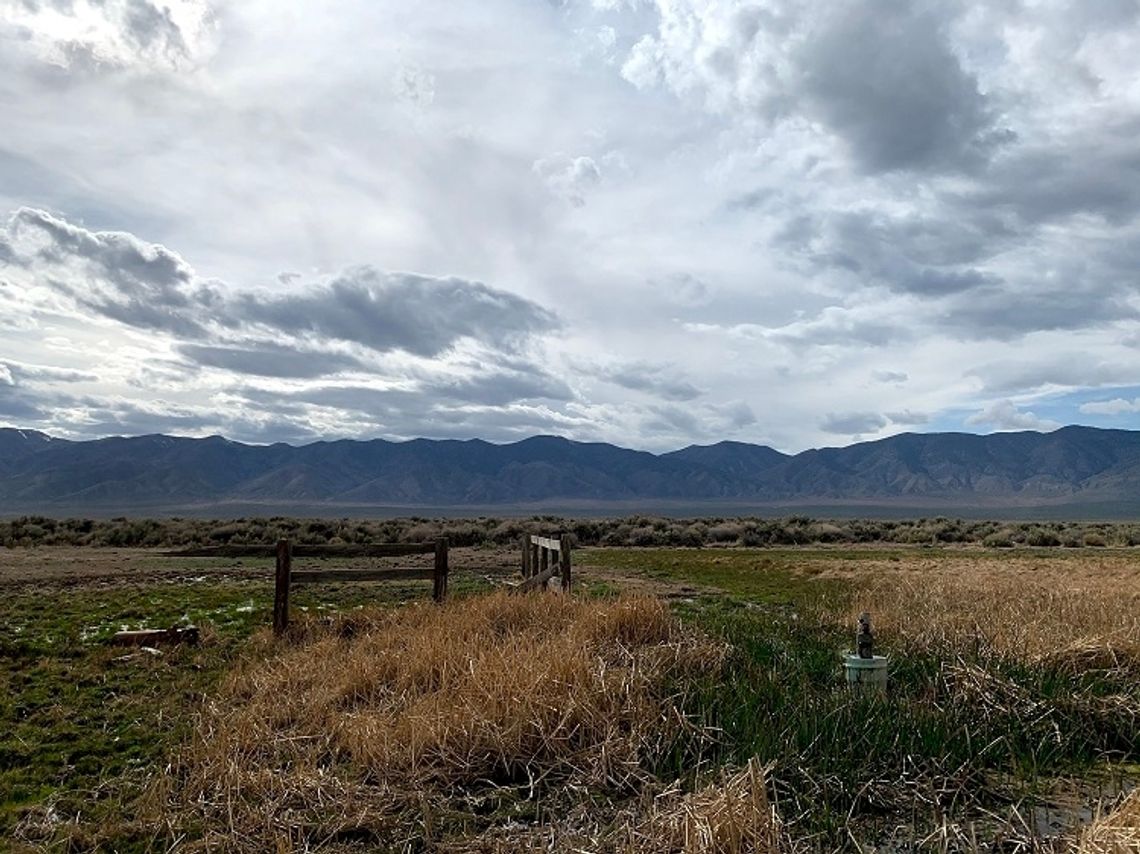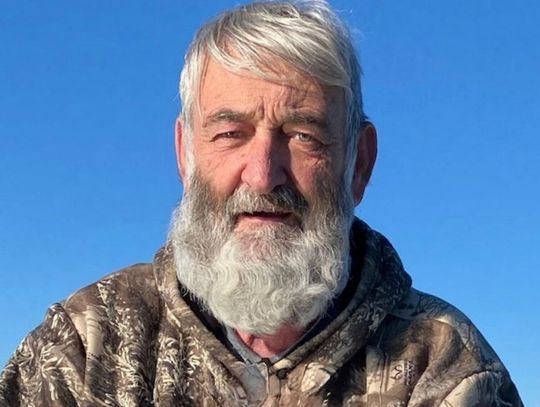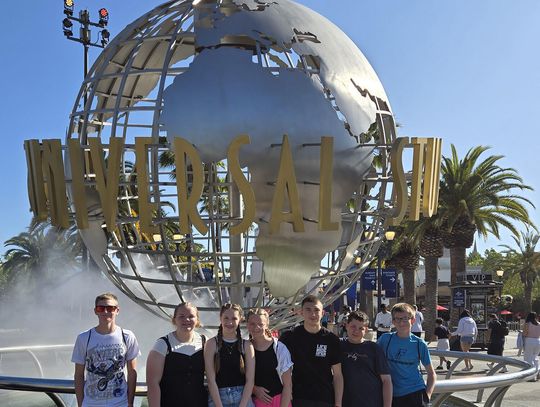Ormat, the developer of a local geothermal plant in Dixie Valley will suspend construction of their Dixie Meadows project until U.S. Fish and Wildlife Services issues a formal biological opinion regarding the Dixie Valley toad or until Dec. 31, whichever comes first. Dixie Meadows was approved by the U.S. Bureau of Land Management in November 2021.
A three-judge panel of the 9th U.S. Circuit Court of Appeals ruled Monday morning against environmentalists and the Fallon Paiute-Shoshone Tribe who had asked to reinstate an injunction that had temporarily blocked construction earlier this year on the Ormat plant located in Dixie Valley, east of Fallon.
In April the Fish and Wildlife Service issued a rare emergency listing of the toad on a temporary basis because it is the only population of the species that is known to exist. They say that groundwater pumping will dry the springs that create the toad’s habitat. The last time the Service emergency listed a species was the Miami blue butterfly in 2011.
Shortly after the appeals court refused to stop the project that the Center for Biological Diversity and the Fallon Tribe say will harm the toad and destroy sacred hot springs, lawyers for Ormat along with government agencies, environmentalists, and the tribe filed a join stipulation in federal court in Reno that detailed an agreement to suspend construction.
Ormat also agreed to provide 30 days' notice before resuming any construction. Opponents agreed they won't seek any new court orders before receiving such notice.
The 9th Circuit's panel ruling on Monday said further delay of the project would make it “all but certain” Ormat would be unable to meet a contract deadline to complete construction by the end of this year. They had said in a hearing earlier this year that failure to meet the deadline would cost them $30 million over 20 years and could jeopardize the entire project.
U.S. District Judge Robert C. Jones in Reno continues to consider the case on its merits, while the joint stipulation outlines a schedule with filing deadlines. Monday's panel ruling from the 9th Circuit, based in San Francisco, which heard oral arguments on the appeal in June, said it couldn’t consider the emergency listing because it happened after the appeal was filed in January.
The Center for Biological Diversity and the Fallon Paiute-Shoshone Tribe have amended their suit to include the listing. They allege Ormat and the bureau are violating the Endangered Species Act’s requirement that they consult with the wildlife service before proceeding with any activity that could harm protected species. Those who oppose the project say it will violate the Religious Freedom Restoration Act by restricting access to the site where Native Americans have worshipped for thousands of years. The conflict brings to light many of the challenges and conflicting interests the Biden administration faces as it attempts to reach the goal of having the U.S. power grid run on clean energy by 2035.
The new agreement filed Monday acknowledges the formal consultation must be completed so any risks to the toad can be fully evaluated before it's harmed. The 9th Circuit panel ruled that Judge Jones was correct in deferring to the expertise of BLM scientists who concluded that adequate safeguards to protect the toad were in place.




















































Comment
Comments